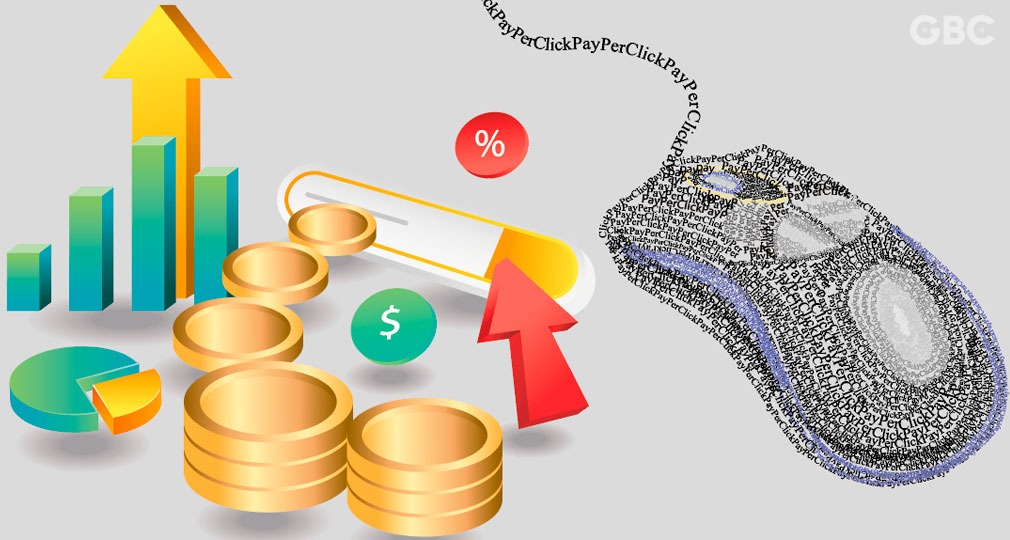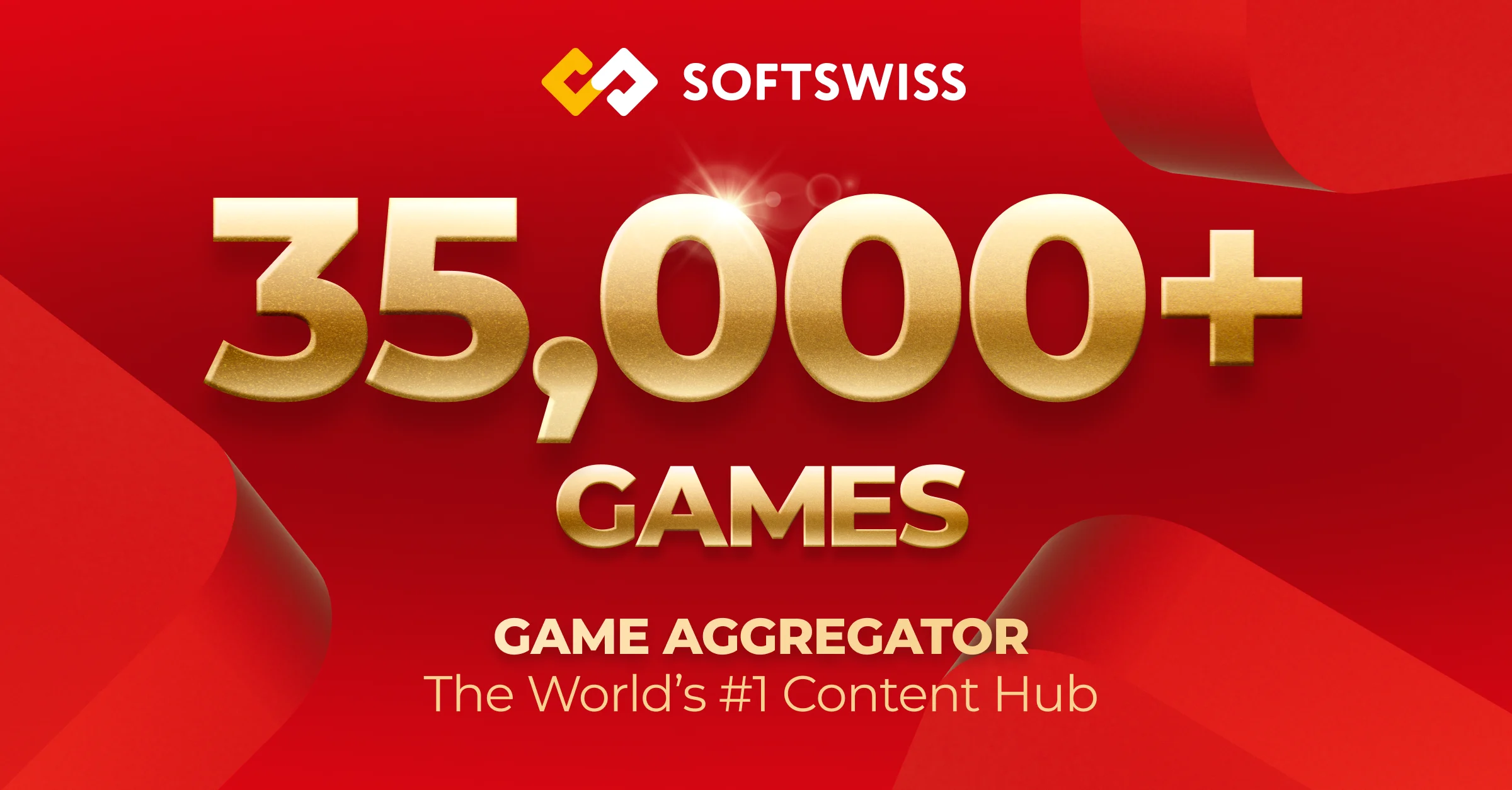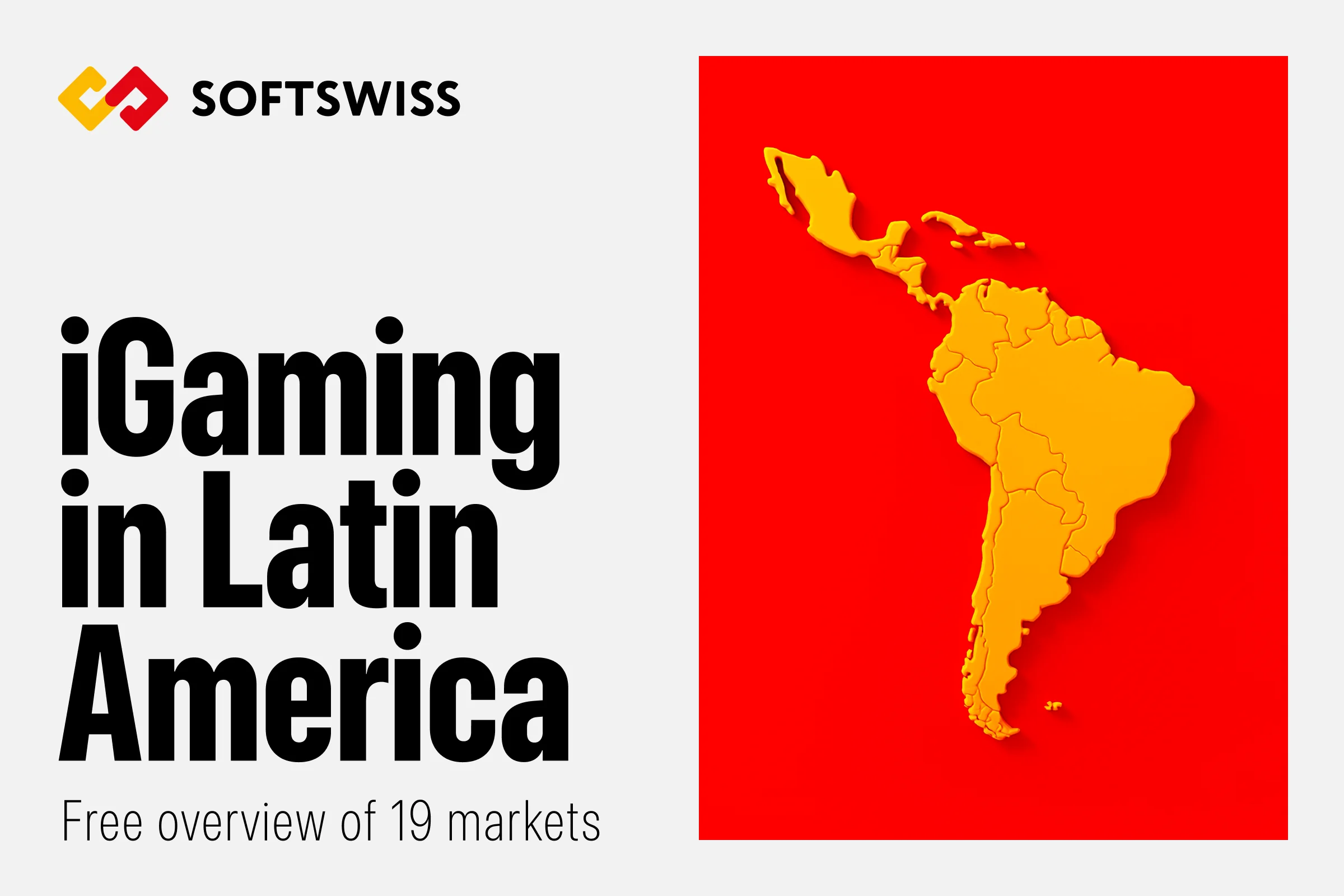In today’s era of rapidly evolving digital marketing technologies, it is pretty hard to keep track of all the tricks and insights that can take your ad campaigns to the next level. To make this easier for you, we have attended a terrific webinar by Cathal Melinn, who is a respected marketer, speaker, and trainer with more than 17 years of experience. Cathal shared with us his method of structuring pay-per-click (PPC) campaigns, and in the article, we will look at this effective approach in more detail.
What are PPC campaigns?
Pay per click is a popular payment model in digital advertising. When you are dealing with PPC campaigns, your advertisers are paying for every ad click. Typically, these ads take users to a landing page or website that matches the content of the ad they see. Hence, the more people you encourage interacting with your ads, the more profit your PPC campaigns will bring to you.
How keyword lists/ad groups work
People use search engines to make decisions every day. They do it both on mobile devices and on their PCs or laptops. To get the information they need, users simply tell the search engine what they are interested in. They rely on keywords, and digital marketers need to know what those keywords are in order to run a successful ad campaign.
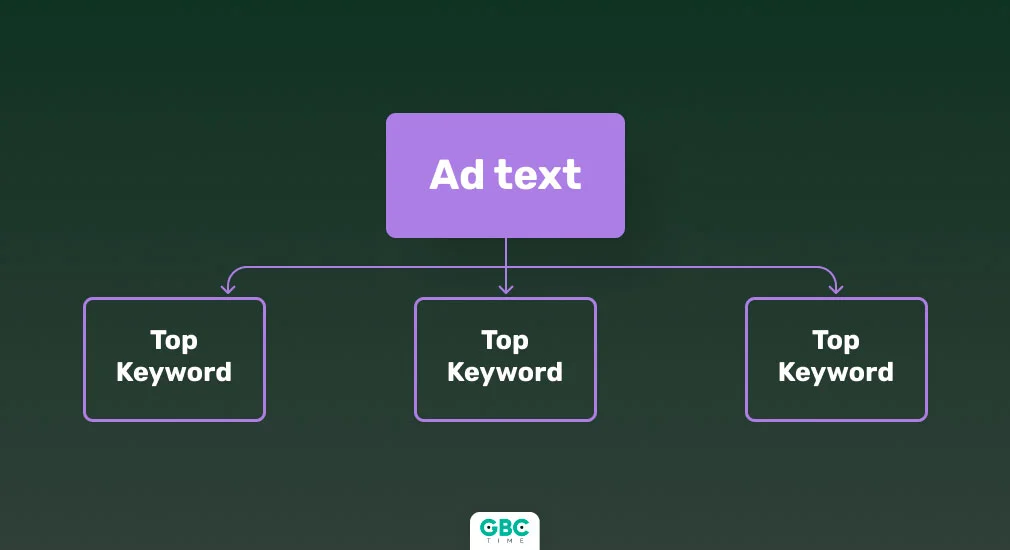
There is a list of keywords that will trigger your ad to appear on Google. However, if you use too many of these words for one ad, it will not be relevant for every keyword. Instead of this approach, you should identify your top keywords and focus on them. To do this, think about those ads that perform well despite generic copywriting. See what keywords are used in these ads and analyze them.
When you find 3-4 top keywords, include them in the so-called Single Keyword Ad Groups (SKAG). The idea here is that each ad in the group should have one top keyword and the specific text that revolves around that keyword. This part of the process is extremely important because marketers begin to influence the search engine exactly at this step.
Here is what Cathal had to say about top keywords:
“That keyword is so important that we spend five, ten, fifteen, twenty minutes writing a really specific piece of our text for that one single keyword. I guarantee you it will make a huge difference to your performance.”
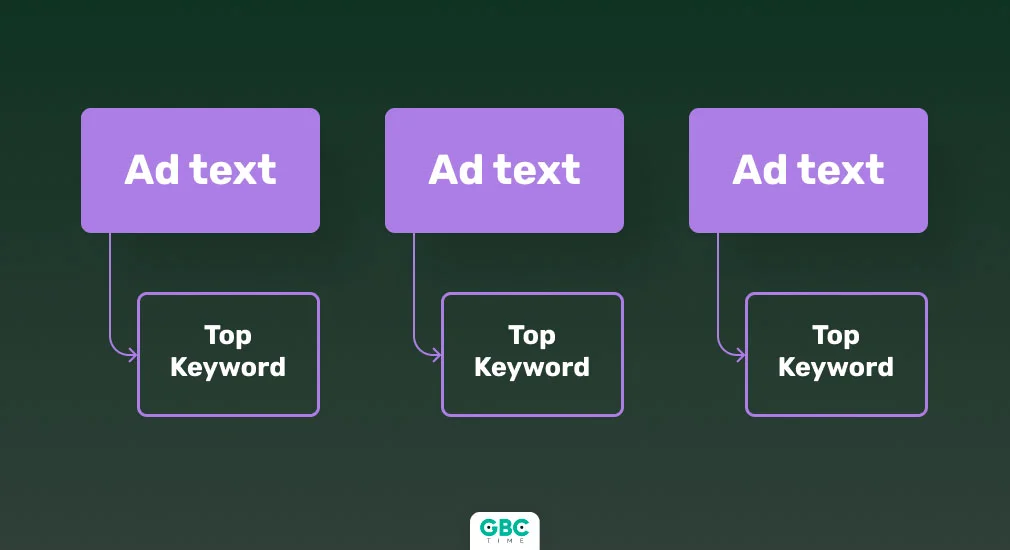
If you adhere to the mentioned recommendations, you will gain a competitive advantage in terms of quality scores. Google will favor your top keyword ad over other, less relevant ads. Therefore, you will be able to get a more beneficial cost per click (CPC).
The paid search has three aspects only:
- Keywords;
- Ads;
- Landing pages.
When you identify top keywords and create very specific ads for them that lead to very specific landing pages, you get a higher quality score and the so-called Ad Rank. This way Google will prioritize your ads over the more generic ones.
Another benefit of a more focused approach is the optimization of your daily budget. Once you see which keywords are performing the most, you can put the majority of your budget into ads with them. And at the same time, your less relevant words will get much less funding. It means that you will outperform your competitors in the long run and spend the lion’s share of your money on top-performing ads.
Automated bidding
When it comes to automated bidding, e-commerce, and lead generation, marketers can do two things. The e-commerce segment should maximize its conversions with AI but cap possible spending using the so-called Target OAS. As for lead gen marketers, they should maximize conversions with Target CPA. This ensures that Google does not go crazy with your CPCs because in some cases AI can charge even a $50 price for a single click.
An incredibly significant nuance is that SCAGs allow you to outsmart the Google system and add Target CPAs for your keywords. The thing is that Target CPA is set at the Ad Group level. Therefore, if your ad includes one top keyword only, you can set a Target CPA and activate automatic bidding for that particular keyword. And the beauty here is that you can never do that in a mixed keywords campaign.
As Cathal noted:
“You can’t add an automated bid on a keyword level in any other way than having a single keyword ad group and with specific ads. So, this allows you to play the Google system. This is how you game the system.”
Horseware Ireland: an eCommerce case study
By structuring PPC campaigns as described above, Melinn was able to help Horseware Ireland, a US online retailer of horse clothing and other products. He identified the top keywords using Google Analytics (GA) and divided them into three categories. The first group of words was the most effective from the revenue perspective, the second one had a low cost per action (CPA), and the third one was the most converting.
Based on his findings, Cathal created five new ad campaigns. And when he launched and optimized them, Horseware Ireland saw a 122% increase in revenue and a 102% increase in conversion rates. On top of that, its revenue per user increased by 181%.
Digital Learning Institute (DLI): lead generation case study
Similar to the previous case, this customer, who operates in the edtech industry, has had excellent results. Cathal used HubSpot and GA to determine the top lead gen keywords. With this data, he created six new campaigns, four of which included just one ad group. As for the other two campaigns, they had 2-5 ad groups with low CPL or high conversion rates.
Even though Melinn had a budget for Exact Match promotion (when the search engine responds to correctly typed-in keywords) only, he achieved impressive growth. The DLI’s lead generation grew by 247%, revenue increased by 128%, and conversion rates saw a 69.5% increase.
6 practical ways to implement the PPC campaign structure
Based on Cathal’s recommendations and all said above, we have outlined the top six ways to maximize results from PPC campaigns.
1. Define priority keywords
Use your analytics tool (GA4, Universal Analytics) to identify 10-20 priority keywords. You should give these words a lot of attention to make your ads with them as relevant as possible.
2. Mark your top keywords in Google Ads
When it comes to top keywords, you can give them descriptive labels in Google Ads. This will make sure you focus on those words that have the most revenue potential.
3. Create new search campaigns
To cover all your priority keywords, create some new campaigns. These can be campaigns with low cost per lead, high conversion rate, high revenue, etc.
4. Create ad groups
Make sure your ad groups contain one of the top keywords on Exact Match in your new campaigns.
5. Name your ad groups
You should name ad groups after your keywords and include the Match Type in the names.
6. Create thoughtful search ads
Your ads should revolve around your keywords and direct users to a relevant landing page that meets their expectations. Otherwise, even effective ads will not help you achieve high conversions.
Conclusion
Once you understand how keyword lists and ad groups work, you can start improving your ad campaigns. When you find top keywords based on their performance, you can create campaigns containing single keyword ad groups. After that, all you have to do is write ultra-relevant ads for your priority words and invest enough money in them from your daily advertising budget.
Cathal also notes:
“It’ll take you a week, two weeks, 10 days to migrate your campaign [and] your keywords across just because you don’t want to shock the system and turn off all of your priority keywords and start with a fresh campaign…But don’t do it all at once. It’ll put your performance to the floor.”
In other words, if you plan to move to Melinn’s campaign structuring method, you should do it gradually. Otherwise, the rapid changes will simply annihilate your performance.






